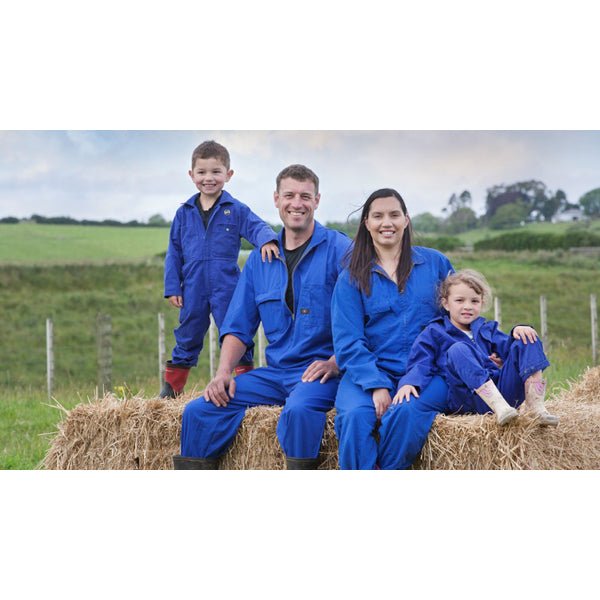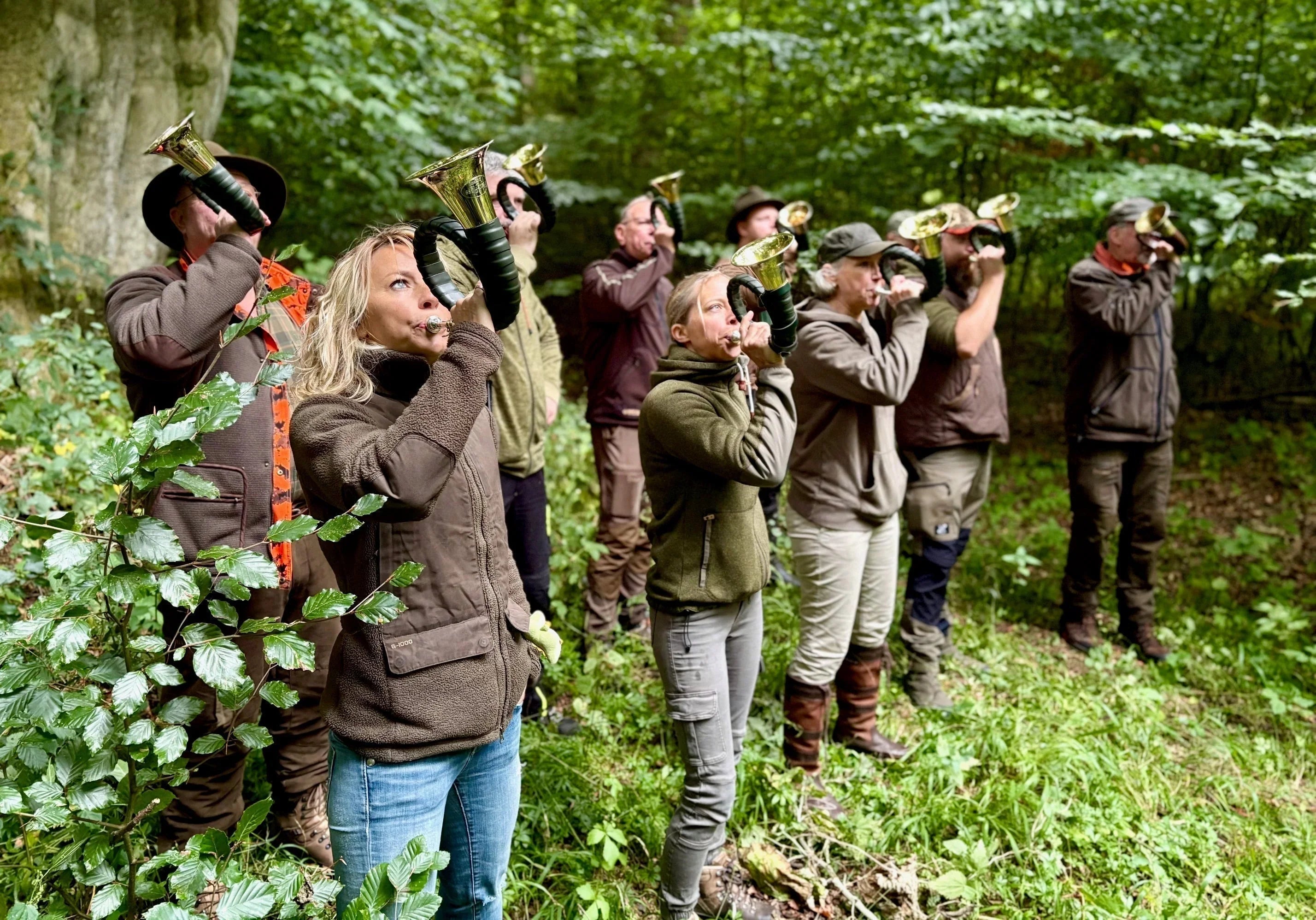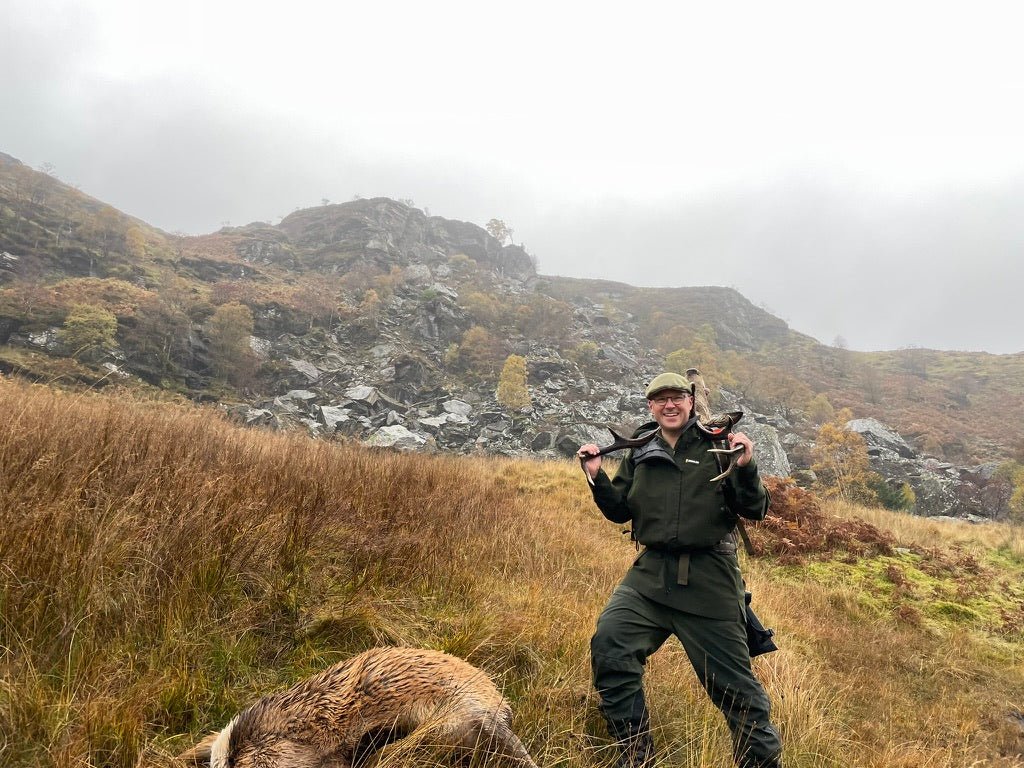
Kane Brisco’s into his seventh year 50/50 sharemilking at Ohangai near Hawera, in South Taranaki. He’s one of a growing number of farmers getting behind Farmstrong, a nationwide rural wellbeing initiative designed to help farmers cope with the ups and downs of farming.
Kane’s life is busy on all fronts. “We have 215 cows which I pretty much milk myself. My wife Nicole helps as much as she can with the calves, but she’s working part time as a nurse too. We’ve also got a 6-year-old girl and a 4-year-old boy and a baby due in six weeks.”
Juggling these responsibilities would be a challenge for anyone. How does Kane cope? Here are his tips for keeping on top of things during busy season.
Make Wellbeing a Priority
“The days are certainly pretty long at the moment. All our focus is on work and the farm, but I’m still trying to look after myself too because I’m the most important cog in the wheel.”
“I believe there are four main pillars that underpin our general physical and mental wellbeing – sleep, nutrition and movement and dealing with stress. They’re like four legs on a table. You can have a three-legged table that still does the job, but once you get down to two, it can’t. So I try and make sure I always have at least three strong pillars.”
“At the moment, we’re so busy that sleep’s the hardest thing to come by. So I make sure I’m really eating well and staying hydrated, managing my stress and I made sure I got farm fit prior to calving, so there’s less chance of getting injured or fatigued by the physical side of the job.”
Kane breaks down how he achieves this.
Eating well
“I eat nutrient dense food. I eat a lot of veggies and I’m working hard all day so I get plenty of carbohydrates and protein in as well so my muscles have the energy to keep going and my mind’s clear. I also drink plenty of water. It’s really simple stuff.”
Managing Stress
“Having a plan is good. Every day I write down and prioritize all the jobs that need to be done for the day. That gives me clarity about what’s coming and makes it easier to manage other things that pop up. I find that really helpful.”
“The other thing is to just acknowledge how you’re feeling and be honest about anything that’s getting to you. That’s where it’s important to let go of the little things – often we give little problems so much time and space that they start consuming us. Understanding what you can control and what you can’t is the key here.”

Exercise and movement
“I do a lot of training to get physically fit before spring so I can handle whatever comes at me. That means when I’m very busy and don’t have time to exercise, I can just do some warm-ups and stretches at home to relax the body and keep myself flexible. It’s also great just to have five or ten minutes to yourself each day to wind down.”
“When you actually break down a farmer’s day – the movements they do and the loads they carry, the balance and mobility required – there’s a hell of lot that goes into farming that we don’t even think about. There are a lot of strains on the body.”
“I think of it like this - the All Blacks don’t go into a test match without training for it. But farmers often do this massive effort over spring with no preparation. That’s been one of my main insights over the years – why shouldn’t farmers have a pre-season too? Once you do, it makes life a hell of a lot easier!”
Time Outs and Breathers
“This time of year I try and bust out as much work as I can and then have a longer lunch. That allows me have a good meal, catch up with the family and properly relax and also have a well-earned power nap. Fifteen minutes of good shut eye can do wonders.”
“You’ve always got to remember that farming is a marathon not a sprint. It’s not about just going hard out for a week, it’s a long test of endurance.”
Live Well, Farm Well
“I reckon there’s a 100% correlation between doing these things and how well you perform on farm. It’s black and white to me. I said to myself a few years ago, I’d never go into spring unprepared again.”
“I guess my main message to other farmers is that you don’t have to learn these things the hard way. People like Farmstrong are trying to get the message out there that being proactive about your wellbeing is a lot better than being reactive.”
“My mantra is: let’s be proactive about our health and mental health. We do it on farm when we grow winter crops because we know we’re going to need feed, but we don’t always do it with our own health.”
Farmstrong is a not–for-profit, community give-back, founded by rural insurer Farmers Mutual Group (FMG) and the Mental Health Foundation (MHF). ACC joined as a strategic partner in 2016 and recently renewed its support. Last year, over 18,000 farmers, growers and farm workers were involved in the initiative. For more farmer-to-farmer stories and resources visit www.farmstrong.co.nz







Share: